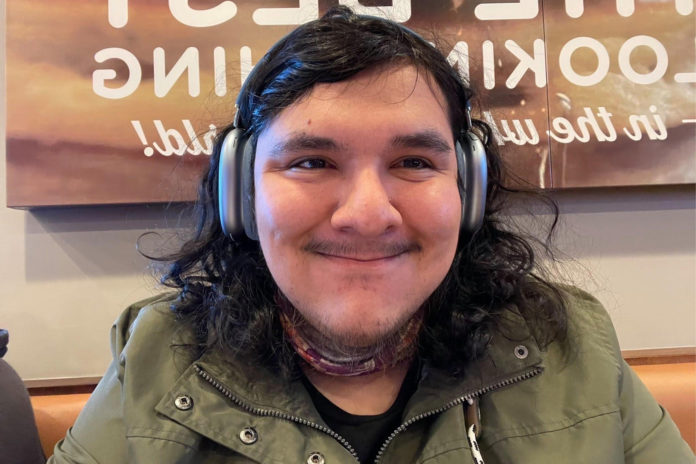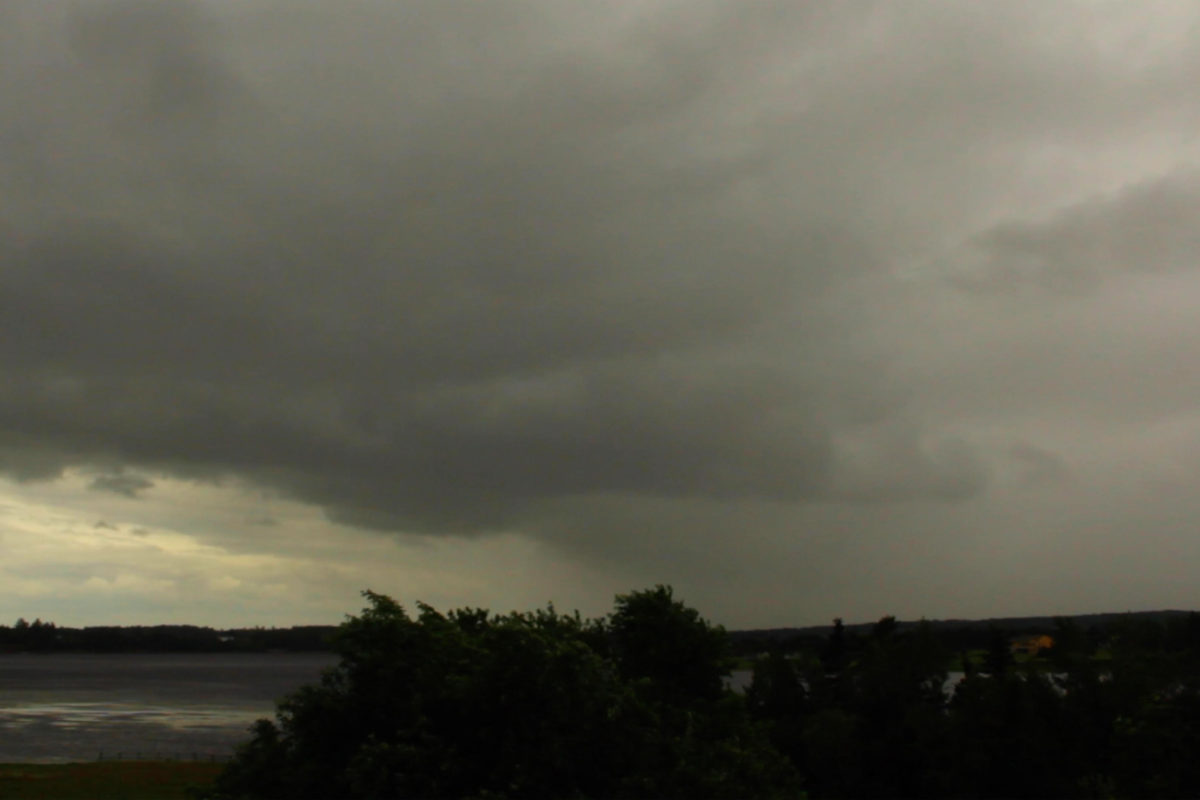

Kennlin Barlow, a non-binary, two-spirit, Indigenous filmmaker from Indian Island First Nation was invited to the Toronto Queer Film Festival for their short film Above a Grey/Green Sea.
They said the film doesn’t follow a strict plot line or narrative. It’s mainly a compilation of footage of them from ages 19 to 20 years old before they accepted their gender identity. Barlow said it worked as a goodbye to the person they used to be.
“But now, as a non-binary trans person … it just felt wrong to kind of keep it hidden away without celebrating because in a metaphorical way, it’s like when someone passes away,” said Barlow. “I didn’t want to mourn about that anymore. I wanted to celebrate that life.”
When Barlow heard that the short film was chosen to screen at the Toronto Queer Film Festival, they were shocked. Above a Grey/Green Sea caught the eye of the festival officials after it was posted on Vimeo. But Barlow is glad they were given this opportunity, as it has helped them see the film in a different light.
“I never exactly knew that it had queer perspective until now …. I always thought I’m just a queer person that’s why I got accepted [for the festival],” they said. “But my eyes kind of opened on an allegory that I wasn’t even able to see myself at first.”
Barlow said they hope that this accomplishment will help recover their reputation in the film community in New Brunswick.

According to Barlow, they’ve been the “black sheep” of the New Brunswick film community since the release of Mancanti (or the violence of man), a graphic, anti-narrative short film that depicted the slow death of a woman.
“Mancanti kind of put me onto a … I wouldn’t say it was a blacklist, but not everybody was hopping onto my projects. It was a very difficult few years after that,” said Barlow.
They said that the distance put between them and the rest of the film industry felt racial and homophobic. They said despite the tension and conflict it seemed to create for them, they are not ashamed of their work.
“A lot of people didn’t really expect an Indigenous filmmaker, a queer Indigenous filmmaker, to come out with a short film like that,” said Barlow. “I still felt like, even in the industry, even the film members around here, we still talk about it and I think that makes it a very special piece of work.”
Barlow said they still don’t feel completely accepted by the film industry in New Brunswick, but that’s not entirely a bad thing.
“I’m perfectly okay with being the black sheep of the film industry here in New Brunswick because I’ve never fit in anywhere my whole life,” they said. “The older I get, the more I realize that that’s how I kind of always want it. It feels good to have that because it makes you unique, you’re not blending in with the crowd.”
